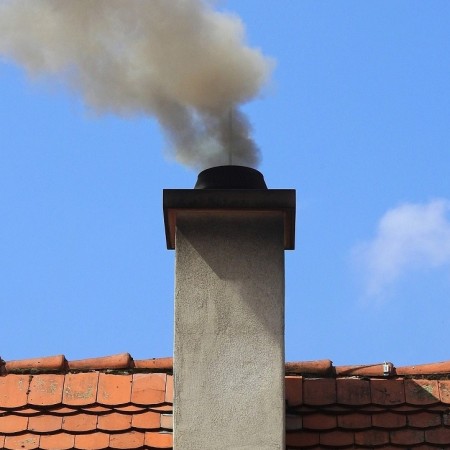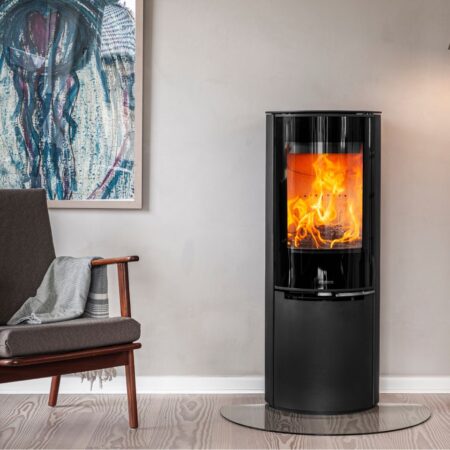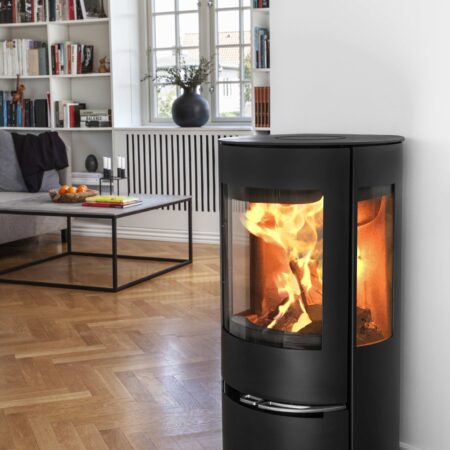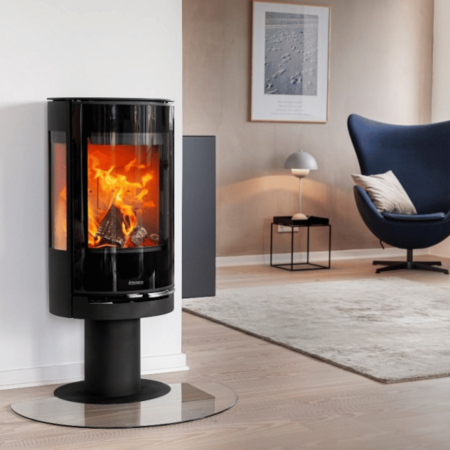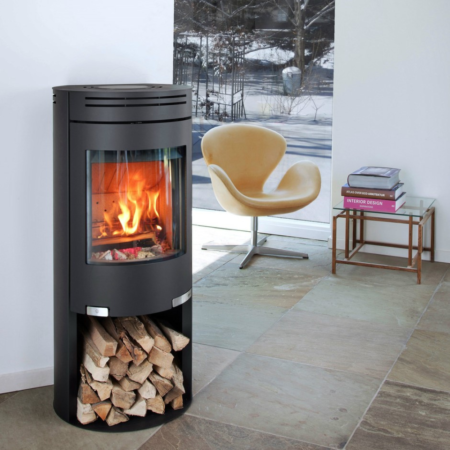
Environment and regulations
There are many requirements when it comes to legislation concerning firing in wood burning stoves. The regulations take the environment into account and both producers and consumers have a responsibility. Firing correctly will reduce particle emissions and this responsibility belongs to the owner of the wood burning stove. The producers are responsible for making sure that the new wood burning stoves live up to current standards and requirements.
You can read more about the regulations and requirements and find good advice on protecting the environment on this website. You’ll need to know the moisture content of your firewood and how to reduce particle emissions. You can learn more about that and a lot of other things here.

